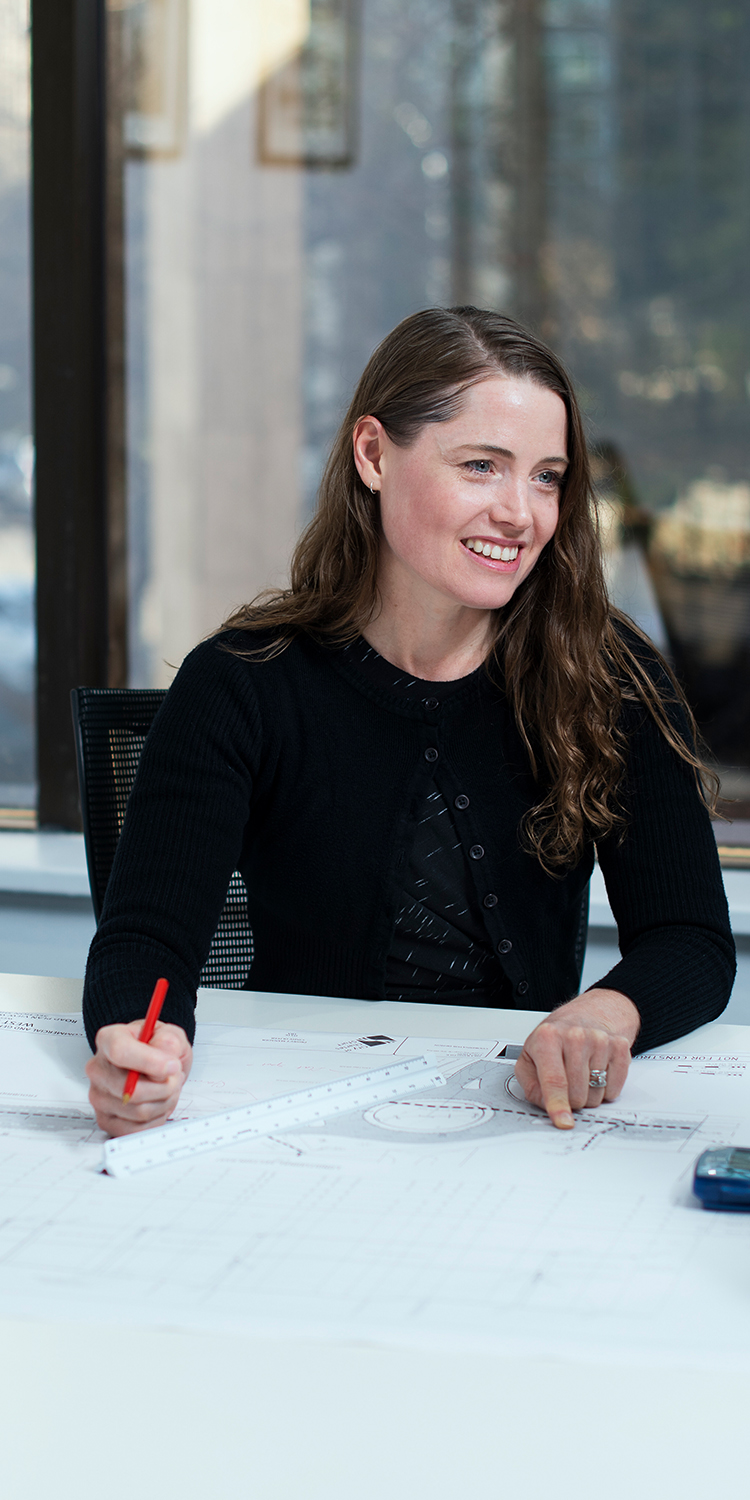Design a study path that works for you
This degree is part of a stackable set of qualifications, meaning your study choices are flexible. If your goals shift, you can exit after six months of study with a standalone Graduate Certificate or after one year with a Graduate Diploma qualification.
You can also begin your studies with a shorter qualification like the six-month Graduate Certificate and continue on to complete the Graduate Diploma (one year) or full master’s degree.










